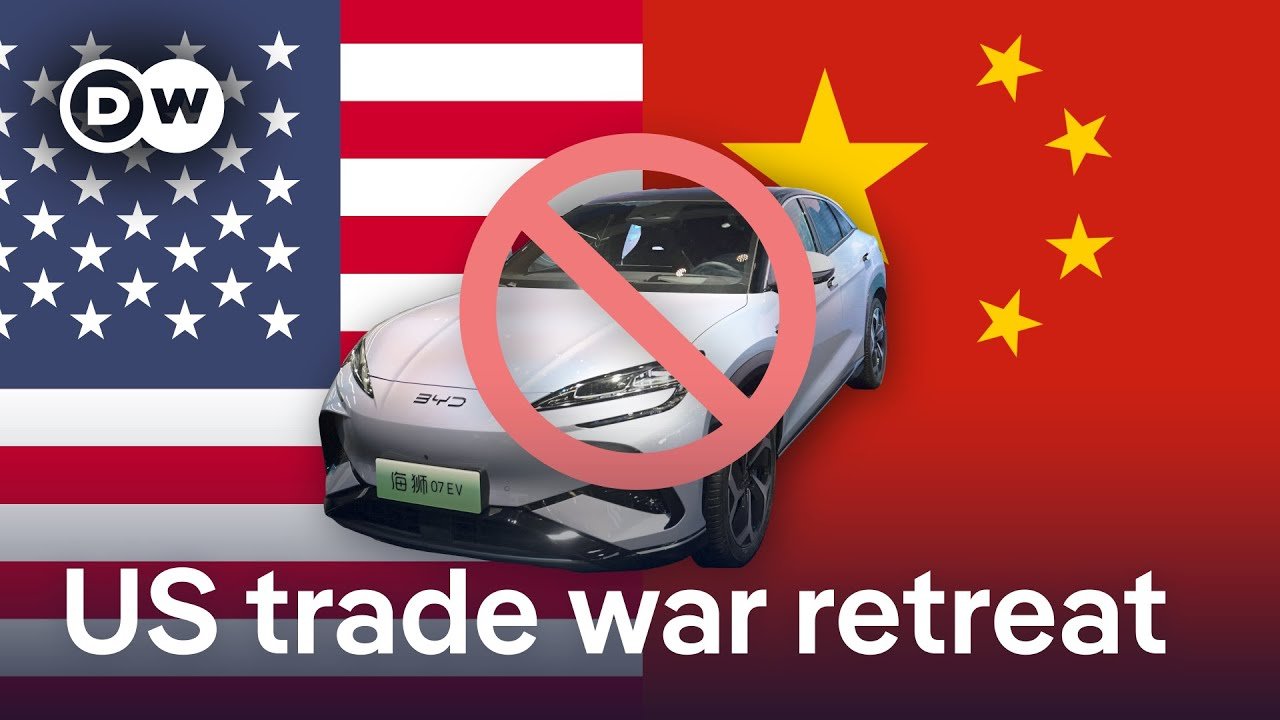- The Biden administration has postponed the implementation of new tariffs on imports from China, which were supposed to start on August 1st.
- Tariffs included a 100% levy on electric vehicles, 50% on solar cells, and 25% on steel and aluminum, aimed at reducing dependency on Chinese imports.
- The delay in tariffs is seen as part of a carrot and stick approach by the US to encourage domestic production in strategic sectors while discouraging imports from China.
- Despite the postponement, the tariffs are not expected to be scrapped entirely but implemented at a later date.
- The targeted tariffs are largely symbolic, given the already low volume of US imports of the affected goods from China, with minimal direct impact on US consumers.
- Analysts suggest that tax incentives have been more effective than tariffs in encouraging domestic investment in strategic sectors, contributing to a factory construction boom in the US.
- There are concerns about the inflationary impact of tariffs, with potential to hurt real disposable incomes of US households by increasing consumer prices.
- Global trade dynamics might be affected, with the International Monetary Fund (IMF) warning that trade restrictions could shrink global GDP by 7%.
- China is expected to retaliate to US tariffs in less than proportional fashion, potentially through currency weakening and other non-tariff measures.
- The US runs a significant trade deficit with China, importing $427 billion in goods last year while exporting only $148 billion worth.
DW News is a global news TV program broadcast by German public state-owned international broadcaster Deutsche Welle (DW).
AllSides Media Bias Rating: Center
https://www.allsides.com/news-source/deutsche-welle-media-bias
Official website: https://www.dw.com
Original video here.
This summary has been generated by AI.

Leave a Reply